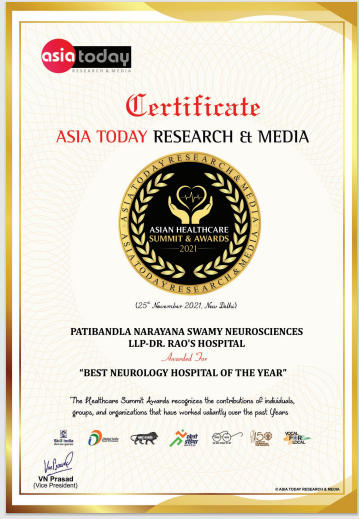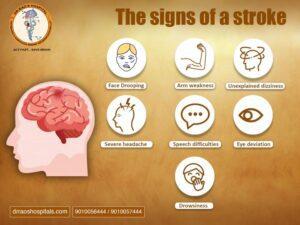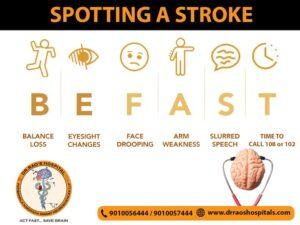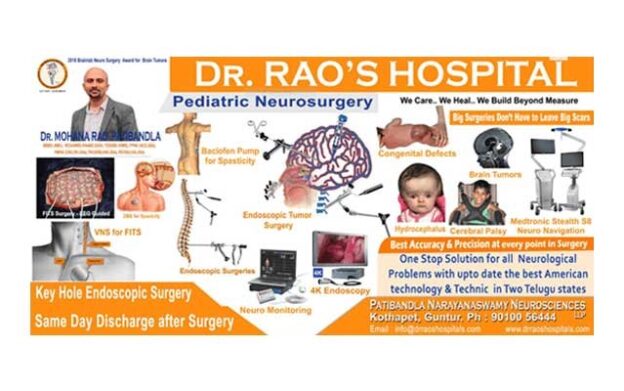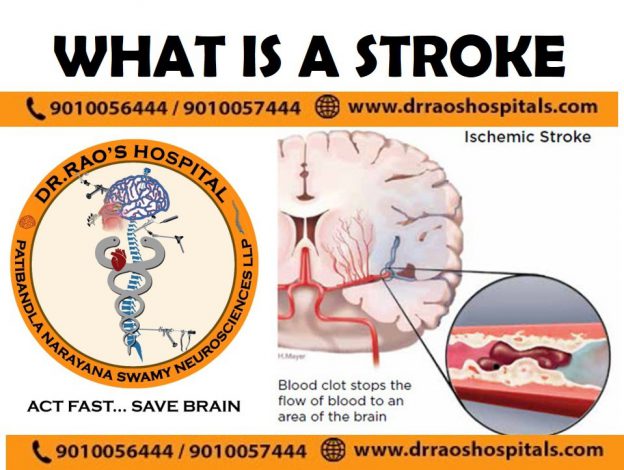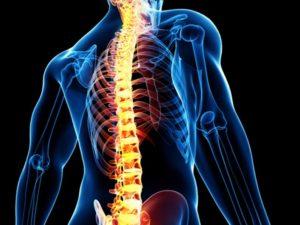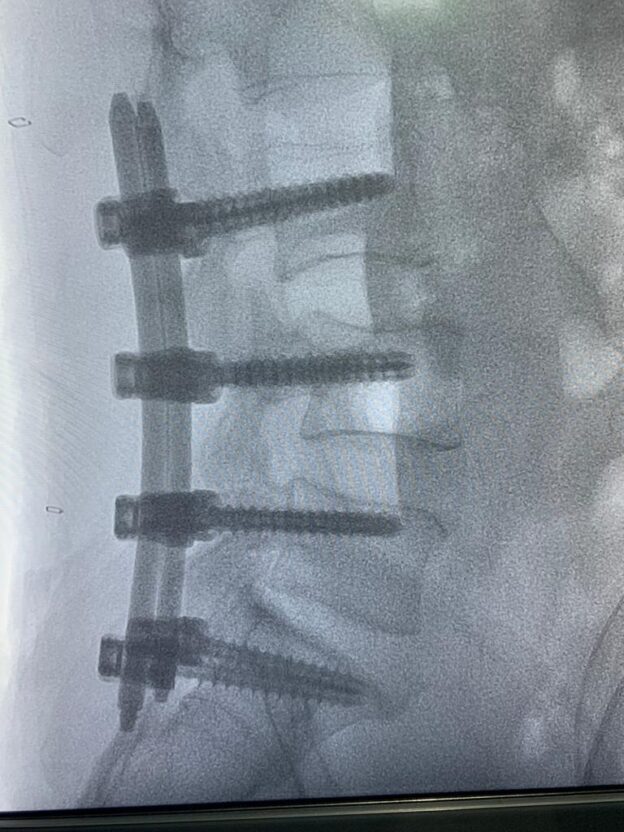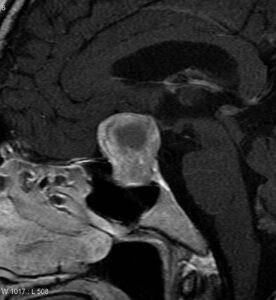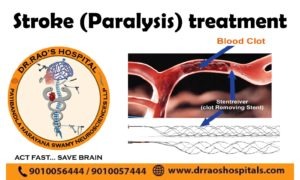Tips for Recovery After Neurosurgery Procedures: Dr. Rao at Dr Rao’s Hospital
Recovering from neurosurgery is a critical phase that requires careful attention to ensure optimal healing and long-term health. Whether you’ve undergone a procedure for a brain tumor, spinal surgery, or another neurological condition, following these expert tips can facilitate a smoother recovery journey:
1. Follow Post-Surgery Instructions
After your neurosurgery at Dr. Rao’s Hospital, you’ll receive specific instructions tailored to your procedure and condition. Adhering strictly to these guidelines is crucial for preventing complications and promoting recovery.
2. Manage Pain Effectively
Pain management is essential during recovery. Your healthcare team at Dr. Rao’s Hospital will provide medications and techniques to alleviate discomfort while minimizing side effects. Don’t hesitate to communicate any changes in pain levels promptly.
3. Attend Follow-Up Appointments
Regular follow-up visits with your neurosurgeon are scheduled to monitor your progress, assess healing, and address any concerns. These appointments are vital for ensuring that your recovery stays on track.
4. Physical Rest and Activity Balance
Rest is essential in the early stages of recovery to allow your body to heal. Gradually incorporate light physical activities as your healthcare team advises to prevent stiffness and promote circulation.
5. Nutrition and Hydration
Proper nutrition supports healing. Ensure you’re consuming a balanced diet rich in vitamins and minerals. Stay hydrated to aid in recovery and prevent complications like constipation.
6. Take Precautions Against Infection
Follow proper wound care techniques to reduce the risk of infection. Monitor for signs of infection, such as increased pain, redness, or drainage from the surgical site, and notify your healthcare provider if you notice any changes.
7. Cognitive and Emotional Support
Neurosurgery can impact cognitive function and emotions. Engage in activities that stimulate mental well-being, such as puzzles or reading. Seek support from loved ones or consider counseling if you experience emotional challenges.
8. Gradual Return to Daily Activities
As you progress in recovery, gradually resume daily activities and responsibilities. Avoid strenuous activities initially and prioritize rest to prevent setbacks.
9. Communicate Openly with Your Healthcare Team
Effective communication with your neurosurgeon and healthcare team at Dr. Rao’s Hospital is key throughout your recovery. Share any concerns, symptoms, or changes in your condition promptly to receive timely support and guidance.
10. Patience and Positivity
Recovery from neurosurgery is a gradual process that requires patience. Stay positive and celebrate small milestones along the way. Trust in the expertise of your healthcare team to guide you towards full recovery.
At Dr. Rao’s Hospital, our commitment extends beyond surgical excellence to comprehensive care and support throughout your recovery journey. For more information on post-neurosurgery recovery or to schedule a consultation, visit our website. Call Dr. Rao’s Hospital at 9010056444.
This blog aims to provide practical guidance and reassurance to patients undergoing neurosurgery procedures. It emphasizes the importance of holistic care and adherence to medical advice for a successful recovery.

